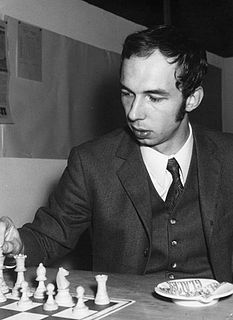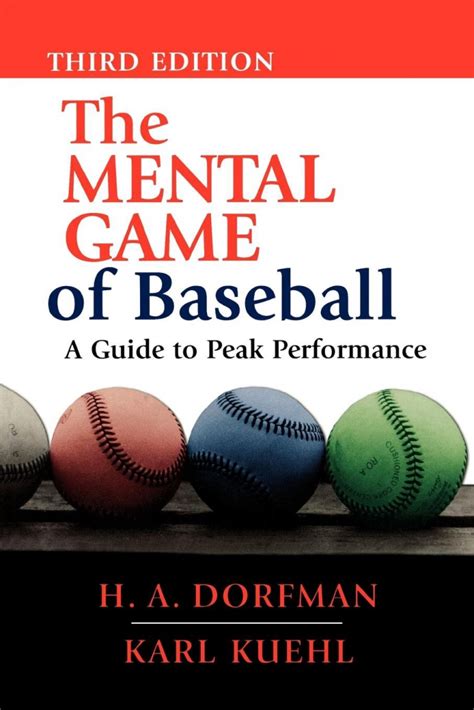A Quote by Albert Einstein
Chess holds its master in its own bonds, shackling the mind and brain so that the inner freedom of the very strongest must suffer.
Related Quotes
It is so true that in liquid modernity freedom was, so to speak, let off the leash, and for a quite a number of years the freedom of choice was "in principle" unlimited. One result was the weakening of inter-human bonds, particularly inherited bonds, and the counterfactual assumption that individuals must and can fend for themselves.
It is only your self-identification with your mind that makes you happy or unhappy. Rebel against your slavery to your mind, see your bonds as self-created and break the chains of attachment and revulsion. Keep in mind your goal of freedom, until it dawns on you that you are already free, that freedom is not something in the distant future to be earned with painful efforts, but perennially one's own, to be used! Liberation is not an acquisition but a matter of courage, the courage to believe that you are free already and to act on it.
Meditation is the emptying of the mind of all the things that the mind has put together. If you do that -perhaps you won't, but it doesn't matter, just listen to this- you will find that there is an extraordinary space in the mind, and that space is freedom. So you must demand freedom at the very beginning, and not just wait, hoping to have it at the end. You must seek out the significance of freedom in your work, in your relationships, in everything that you do. Then you will find that meditation is creation.
We all have an inner teacher, an inner guide, an inner voice that speaks very clearly but usually not very loudly. That information can be drowned out by the chatter of the mind and the pressure of day-to-day events. But if we quiet down the mind, we can begin to hear what we're not paying attention to. We can find out what's right for us.
The man of system, on the contrary, is apt to be very wise in his own conceit; and is often so enamoured with the supposed beauty of his own ideal plan of government, that he cannot suffer the smallest deviation from any part of it... He seems to imagine that he can arrange the different members of a great society with as much ease as the hand arranges the different pieces upon a chess-board. He does not consider that...in the great chess-board of human society, every single piece has a principle of motion of its own, altogether different from that which the legislature might choose to impress upon it.
I used to play a lot of chess and competitive chess and study chess and as you get to the grandmasters and learn their styles when you start copying their games like the way they express themselves through... The way Kasparov or Bobby Fischer expresses themselves through a game of chess is it's astonishing. You can show a chess master one of their games and they'll say "Yeah, that is done by that player."
From your results I have determined that you are one of the strongest Divergent, which I say not to compliment you but to explain my purpose. If I am to develop a simulation that cannot be thwarted by the Divergent mind, I must study the strongest Divergent mind in order to shore up all weaknesses in the technology.
Self-discipline is a form of freedom. Freedom from laziness and lethargy, freedom from the expectations and demands of others, freedom from weakness and fear-and doubt. Self-discipline allows a pitcher to feel his individuality, his inner strength, his talent. He is master of, rather than a slave to, his thoughts and emotions.
A long iron rod rocketed straight through the very forefront of Phineas Gage's brain. It's kind of an unusual part of the brain: you can suffer pretty severe injuries to it and often walk away from the injury. It's not a part of the brain that's necessarily vital for your biological self. But it is very important for personality.
Happiness is not the endless pursuit of pleasant experiences - that sounds more like a recipe for exhaustion - but a way of being that results from cultivating a benevolent mind, emotional balance, inner freedom, inner peace, and wisdom. Each of these qualities is a skill that can be enhanced through training the mind.




































